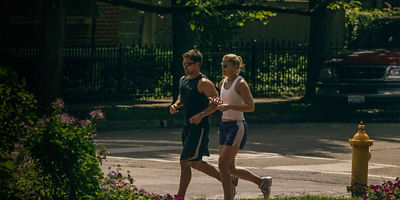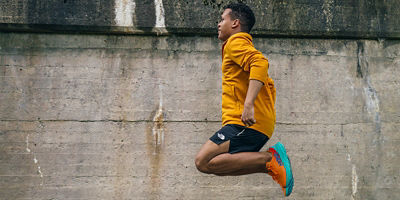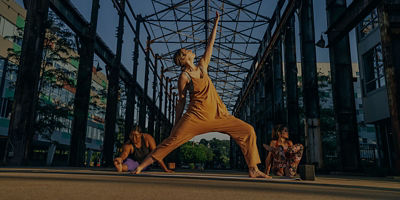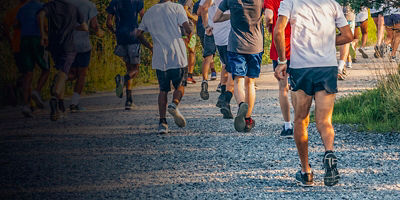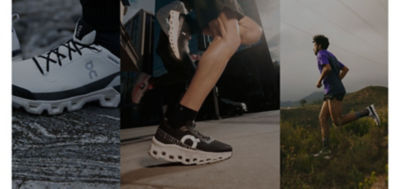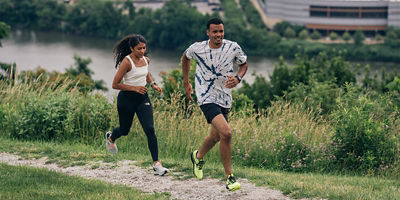
Not long ago, women were advised to avoid running while pregnant. But female runners will be glad to know that modern medical advice now says the exact opposite: Running is not only safe for the majority of pregnant runners, it has been proven beneficial to both mom and baby.
Benefits to moms who run include everything from a reduced risk of getting gestational diabetes to a 67% reduction in odds of developing depression (the latter according to a 2020 study published in the American College of Sports Medicine’s Health & Fitness Journal).
A study done by Washington University in 2015 found that mothers who run while pregnant may actually help their babies minimize the possibility of having fetal heart defects.
Runners who like to push the pace and elevate their heart rates will be happy to know that guidelines have changed for this as well. Pregnant women used to be advised not to exceed a maximum heart rate of 140 beats per minute, but even that constraint no longer applies.
All that isn’t to say that pregnant moms should go out and run like they weren’t pregnant. It’s critical to check with your doctor and get his or her blessing for your specific body and pregnancy. And always listen to your body. No two pregnancies are alike.
And of course there are caveats for specific conditions. The Mayo Clinic implores that “reasonable precautions for exercise during pregnancy are important.” They also point out that having conditions such as a history of preterm labor, an incompetent cervix, placenta previa during the third trimester, heart disease, high blood pressure, or poorly controlled type 1 diabetes, could make running unsafe for either you or your baby, or both.






